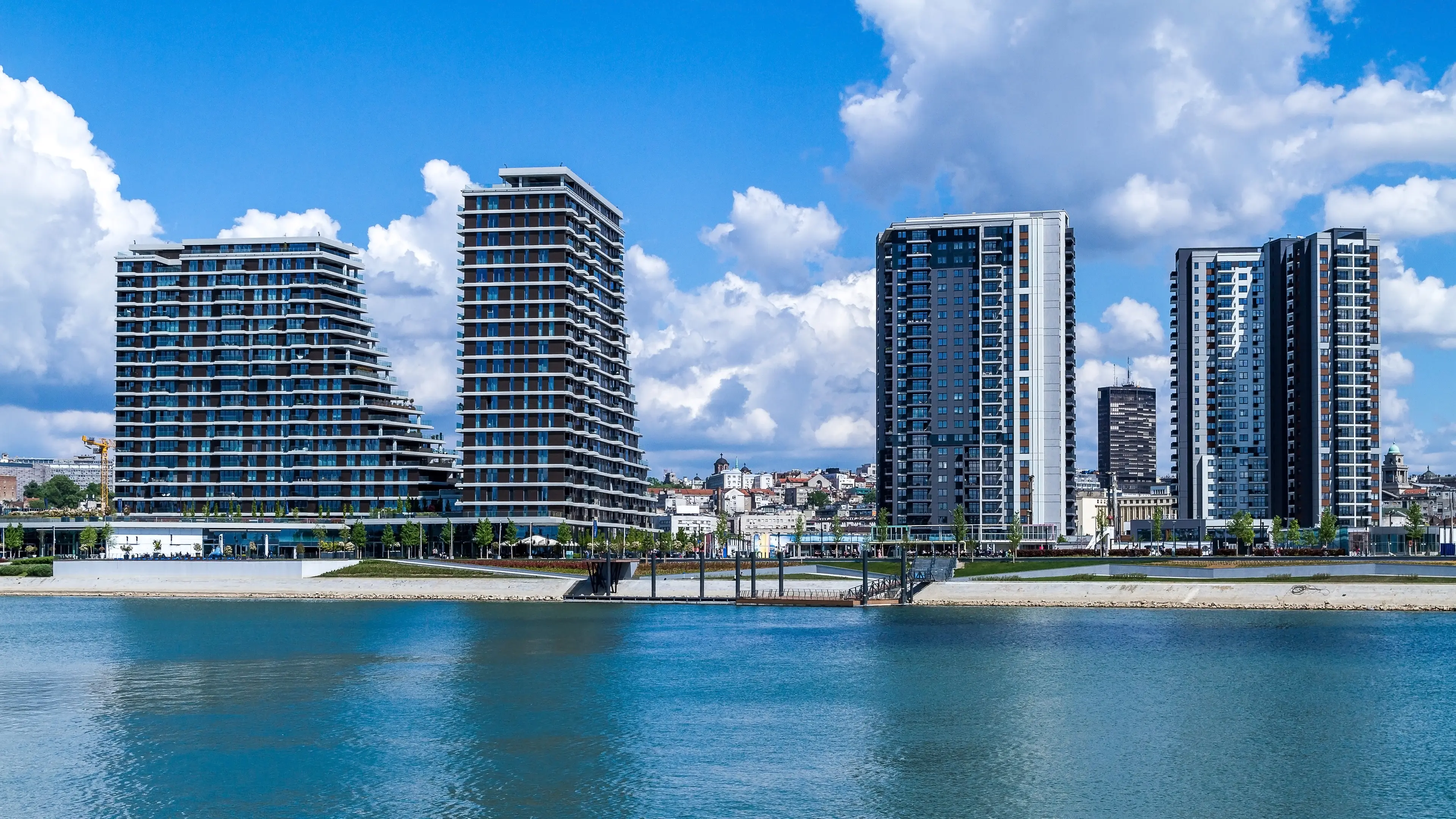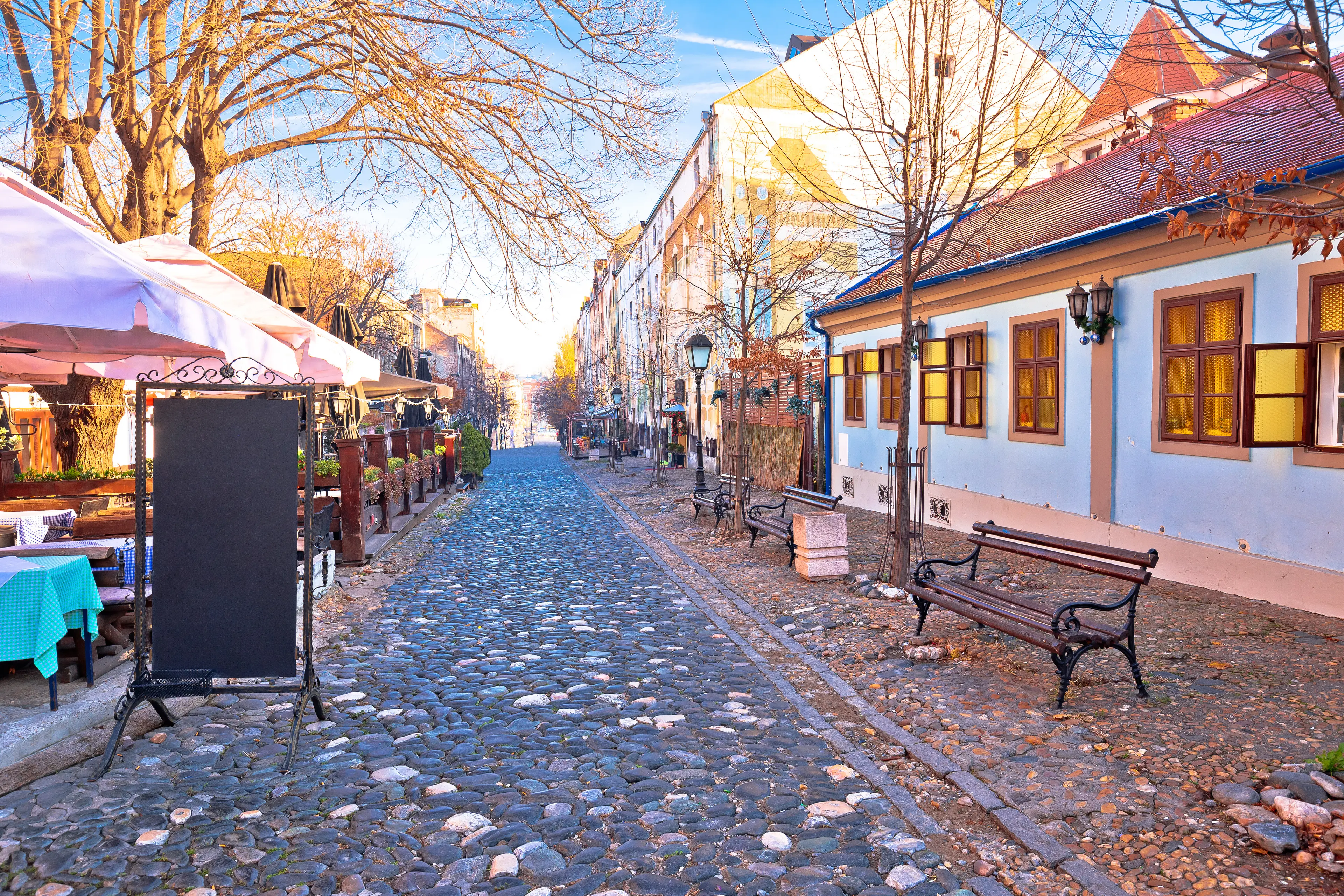3-Day Solo Adventure: Unexplored Belgrade Outdoor Itinerary
Belgrade, Serbia
3 days

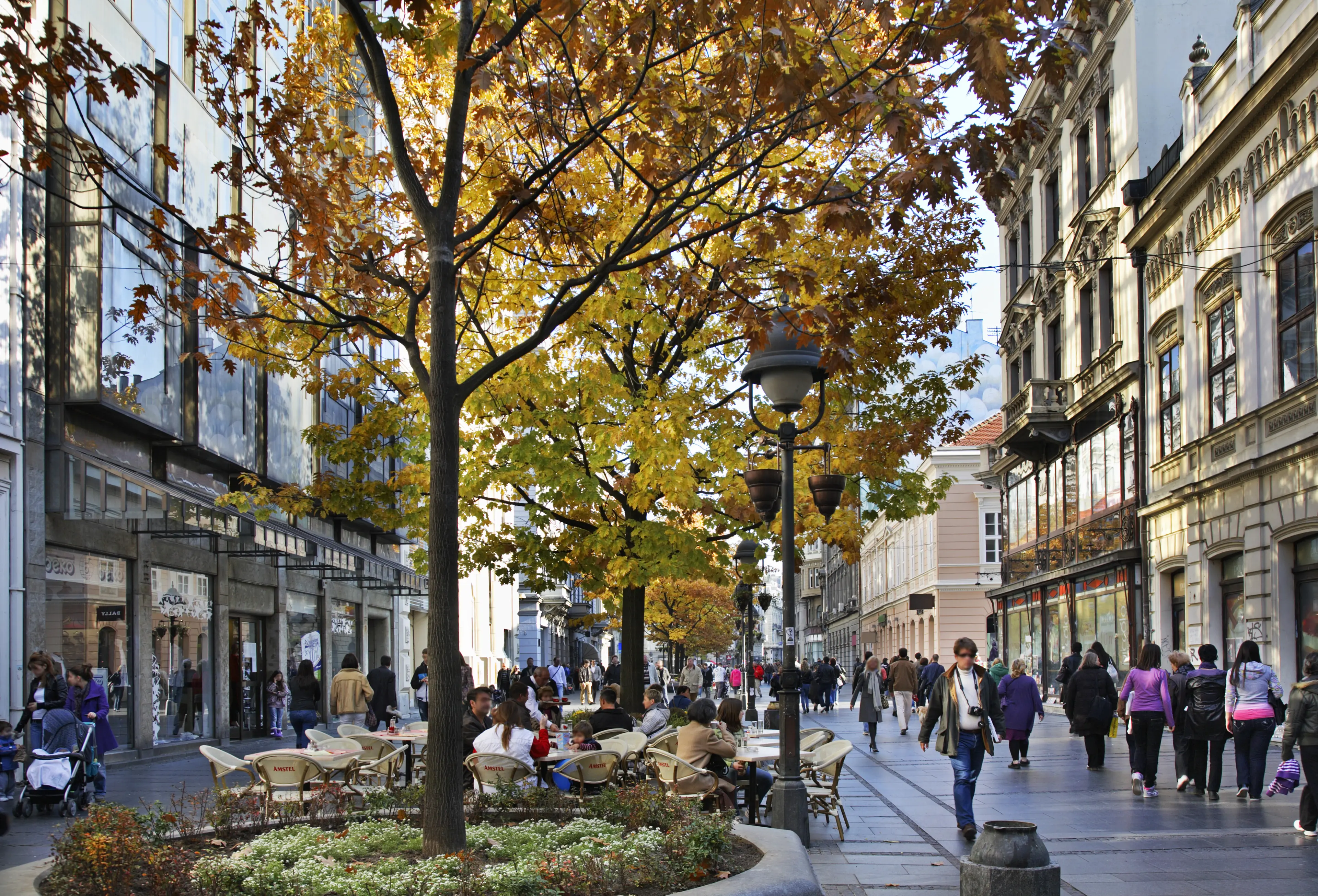
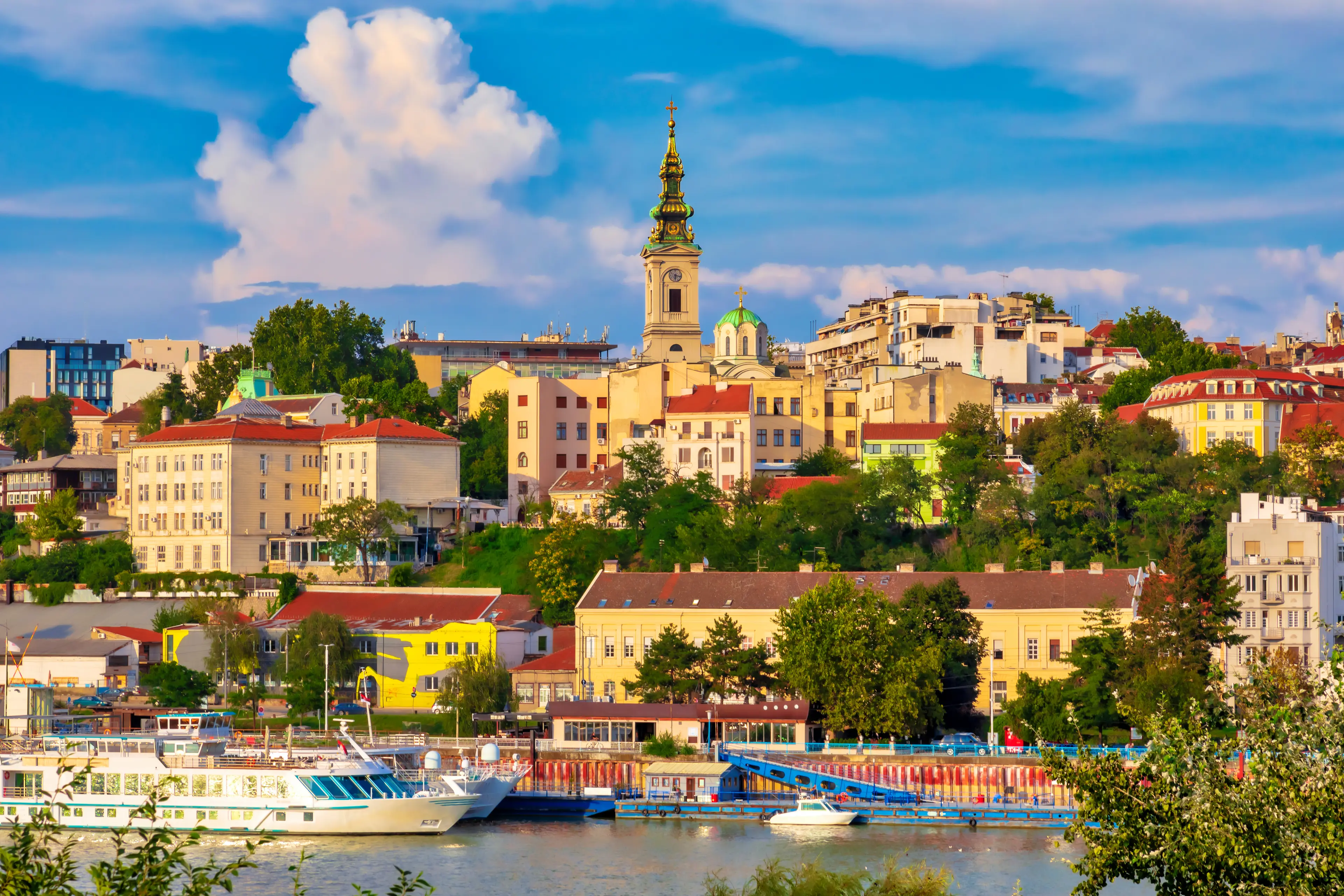
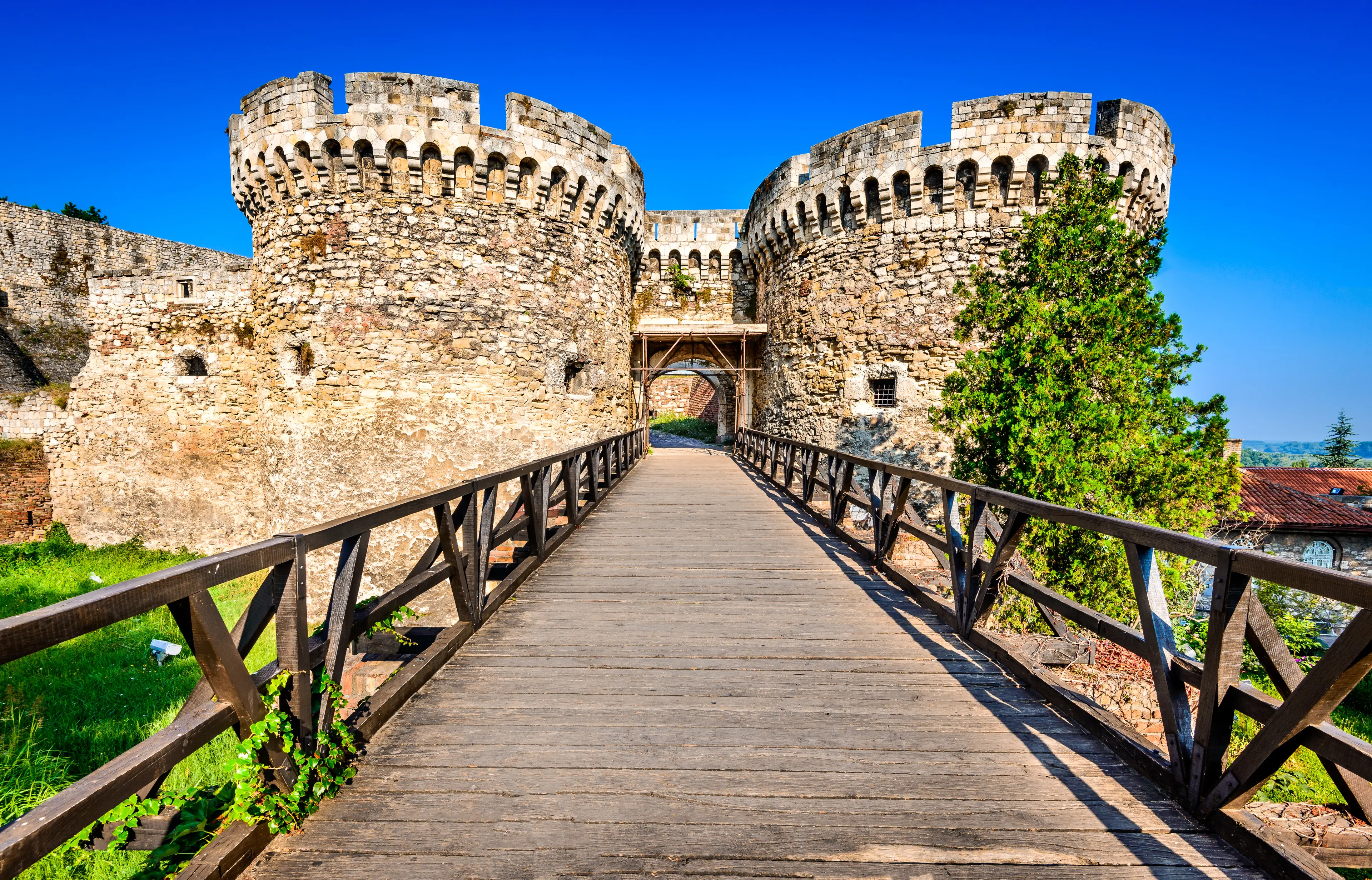
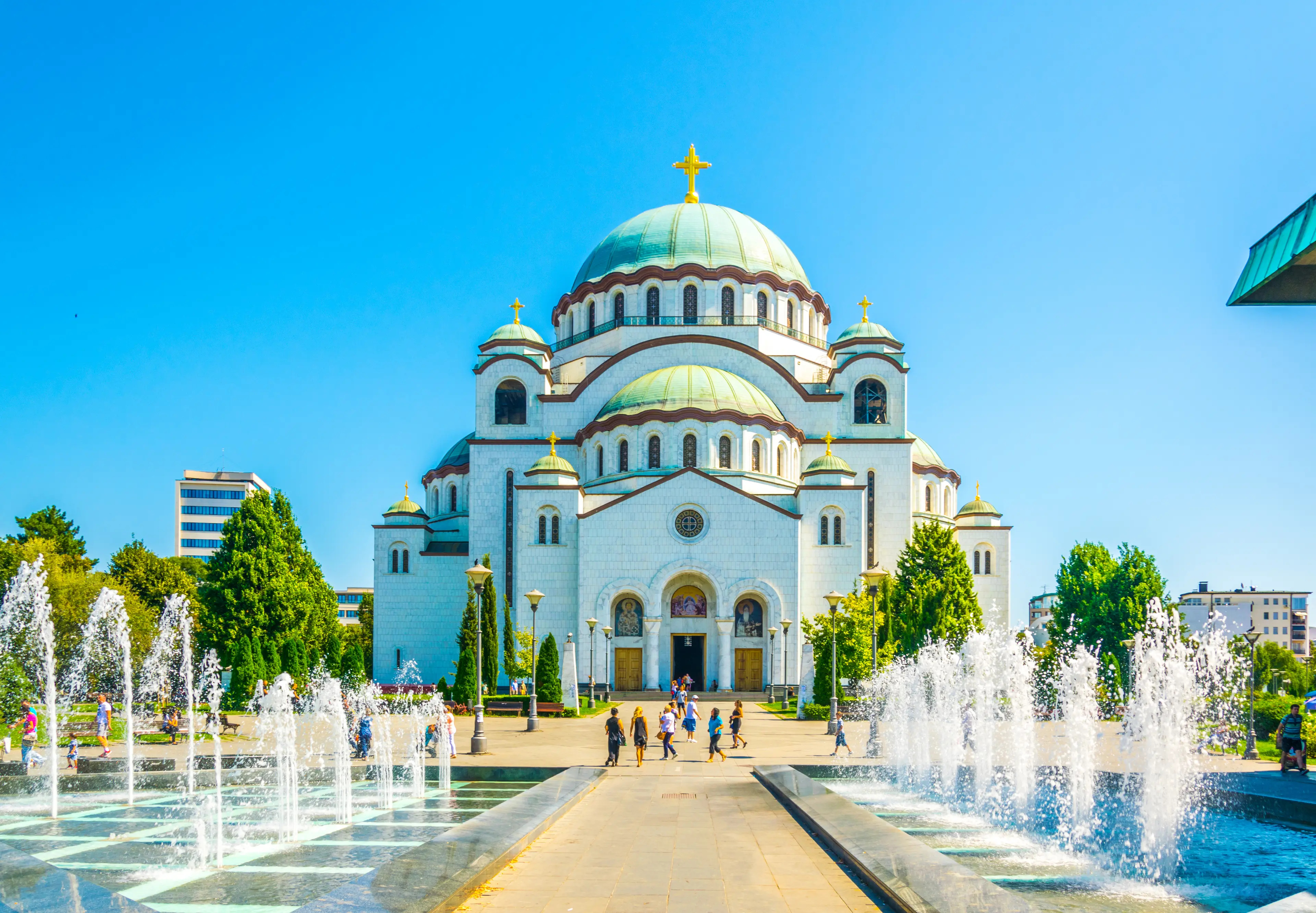
About Belgrade, Serbia
Belgrade, Serbia's vibrant capital, is a captivating blend of old-world charm and modern energy. Its rich history is evident in the ancient Kalemegdan Fortress, which offers panoramic views of the city and the confluence of the Danube and Sava rivers. The city's heart, Knez Mihailova, is a bustling pedestrian zone with a myriad of shops, cafes, and galleries. Belgrade's nightlife is legendary, with floating river clubs, or 'splavovi', offering unforgettable experiences. The bohemian quarter, Skadarlija, is a testament to the city's artistic spirit, with its cobblestone streets lined with traditional Serbian restaurants and live music. A visit to the Church of Saint Sava, one of the largest Orthodox churches in the world, is a must. Belgrade offers a unique blend of Eastern and Western cultures, making it a fascinating destination for any traveler.
3-Day Itinerary
Day 2
Art, Culture, and River Views in Zemun and Dorćol
Morning
Start your second day with a visit to the Museum of Contemporary Art, which houses a large collection of Serbian and international contemporary art.
Lunch
Have lunch in a local restaurant in the Zemun district. This area is known for its charming old town and beautiful views of the Danube River.
Afternoon
After lunch, take a boat tour on the Danube River. This is a great way to see the city from a different perspective and enjoy the beautiful riverside scenery.
Dinner
Enjoy dinner in a local restaurant in the Dorćol district. This area is known for its trendy bars and restaurants, and is a great place to experience the local nightlife.
Evening
End your day with a visit to a local theater in the city center. Belgrade has a vibrant theater scene, with many performances taking place in the city's historic theaters.
Day 3
In the Footsteps of Nikola Tesla and a Farewell to Belgrade
Morning
Start your final day with a visit to the Nikola Tesla Museum, which is dedicated to the life and work of the famous Serbian inventor.
Lunch
Have lunch in a local restaurant in the Vračar district. This area is known for its charming streets and beautiful views of the city.
Afternoon
After lunch, take a walking tour of the city center. This is a great way to see the city's main sights and get a feel for the local culture.
Dinner
Enjoy your final dinner in a local restaurant in the Savamala district. This area is known for its trendy bars and restaurants, and is a great place to experience the local nightlife.
Evening
End your trip with a visit to a local pub in the city center. Belgrade is known for its vibrant nightlife, and this is a great way to experience it firsthand.
Attractions in Itinerary (9)

1Belgrade Fortress
A historic fortress located on an overlooking ridge where the Sava and Danube rivers converge, offering panoramic views of Belgrade.
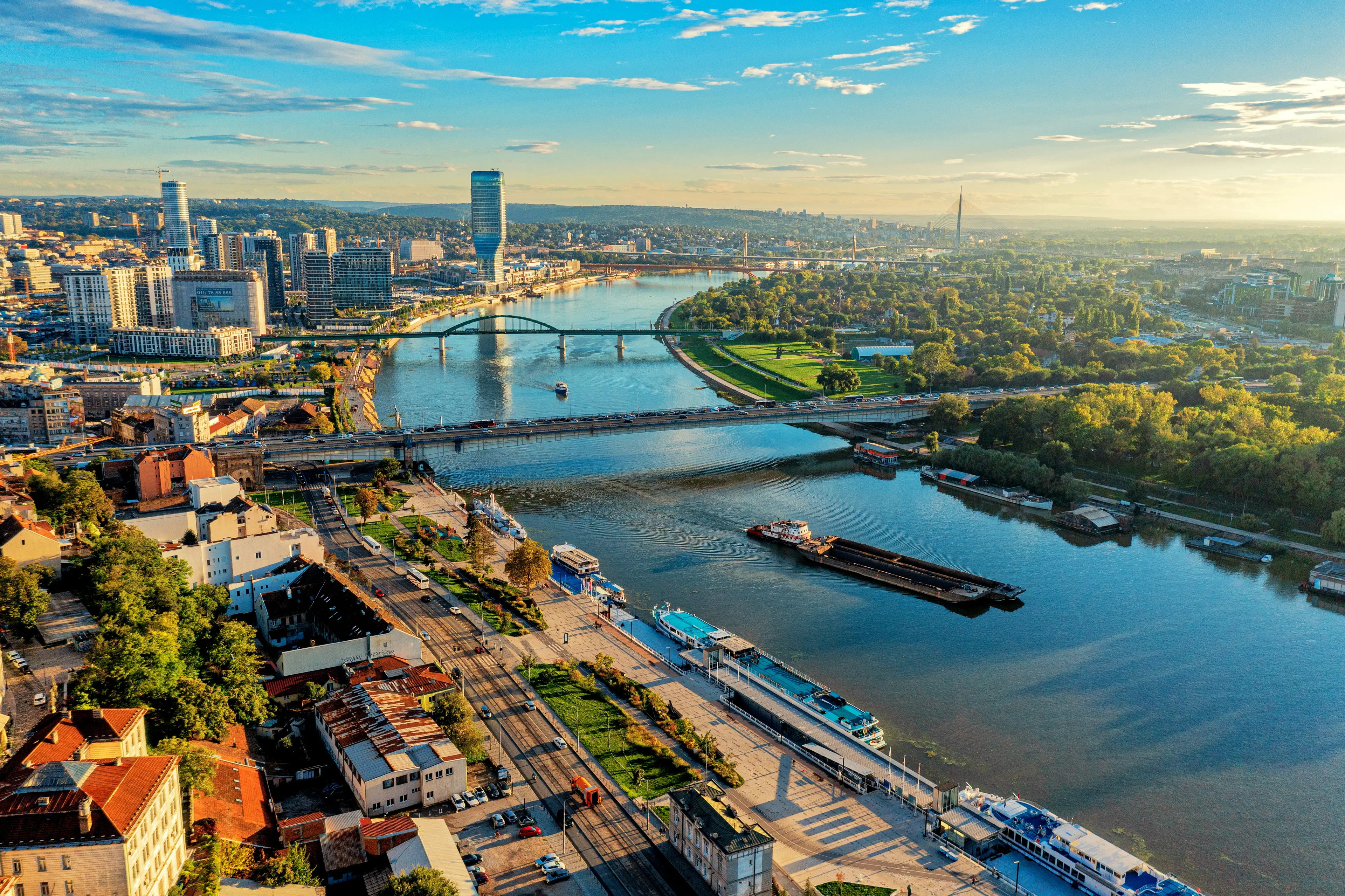
2Danube River
Europe's second-longest river, flowing through Belgrade and offering beautiful views, boat tours, and fishing opportunities.

3Kalemegdan Park
The largest park and the most important historical monument in Belgrade. It is located on a 125-metre-high cliff, at the junction of the River Sava and the Danube.

4Museum of Contemporary Art
A contemporary art museum located in New Belgrade. It's the first contemporary art museum in Europe and has a collection of around 35,000 works of art.
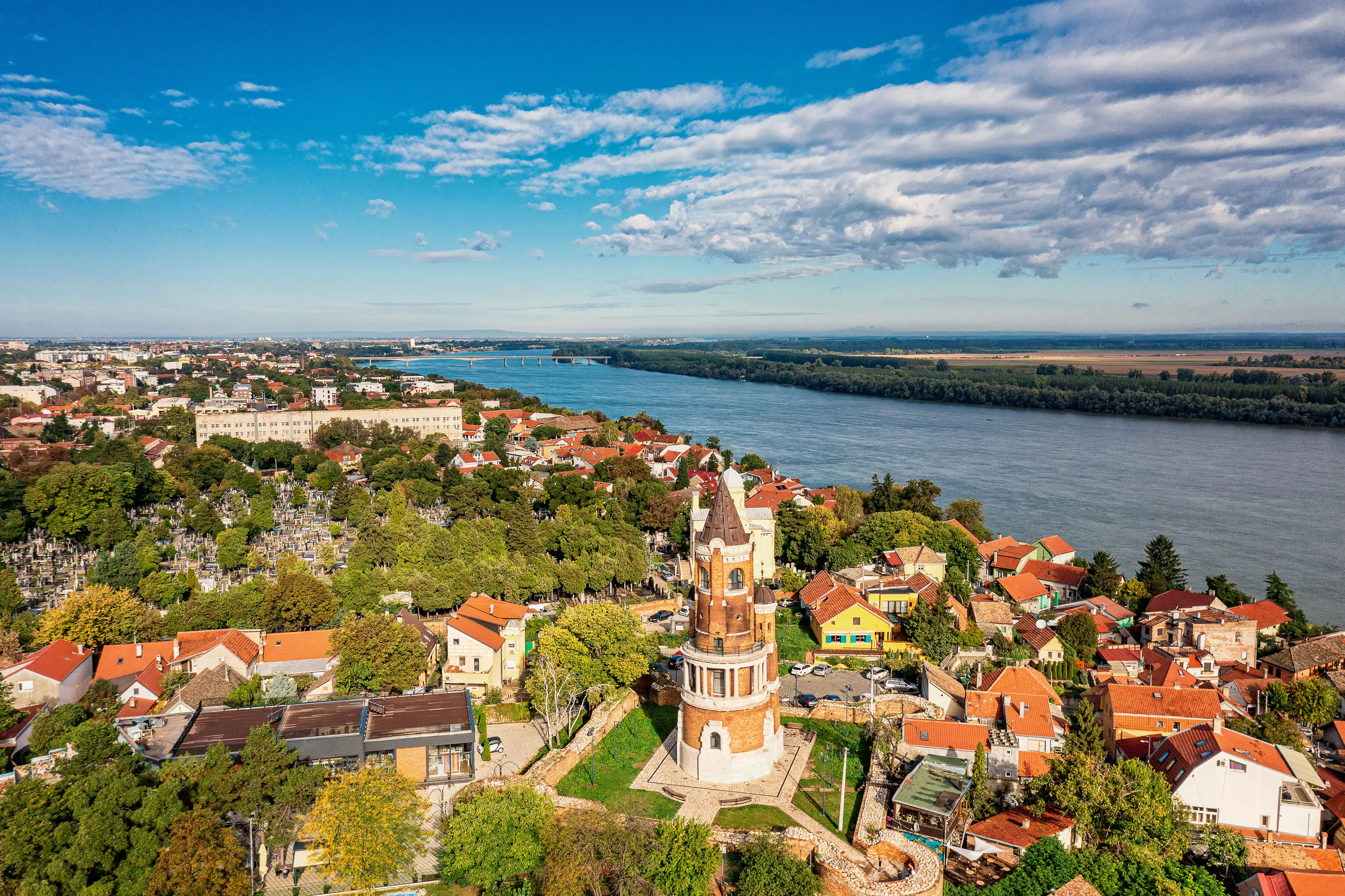
5Zemun
A historical town and one of the 17 municipalities which constitute the City of Belgrade. Known for its unique architecture, cultural heritage, and beautiful views of the Danube river.
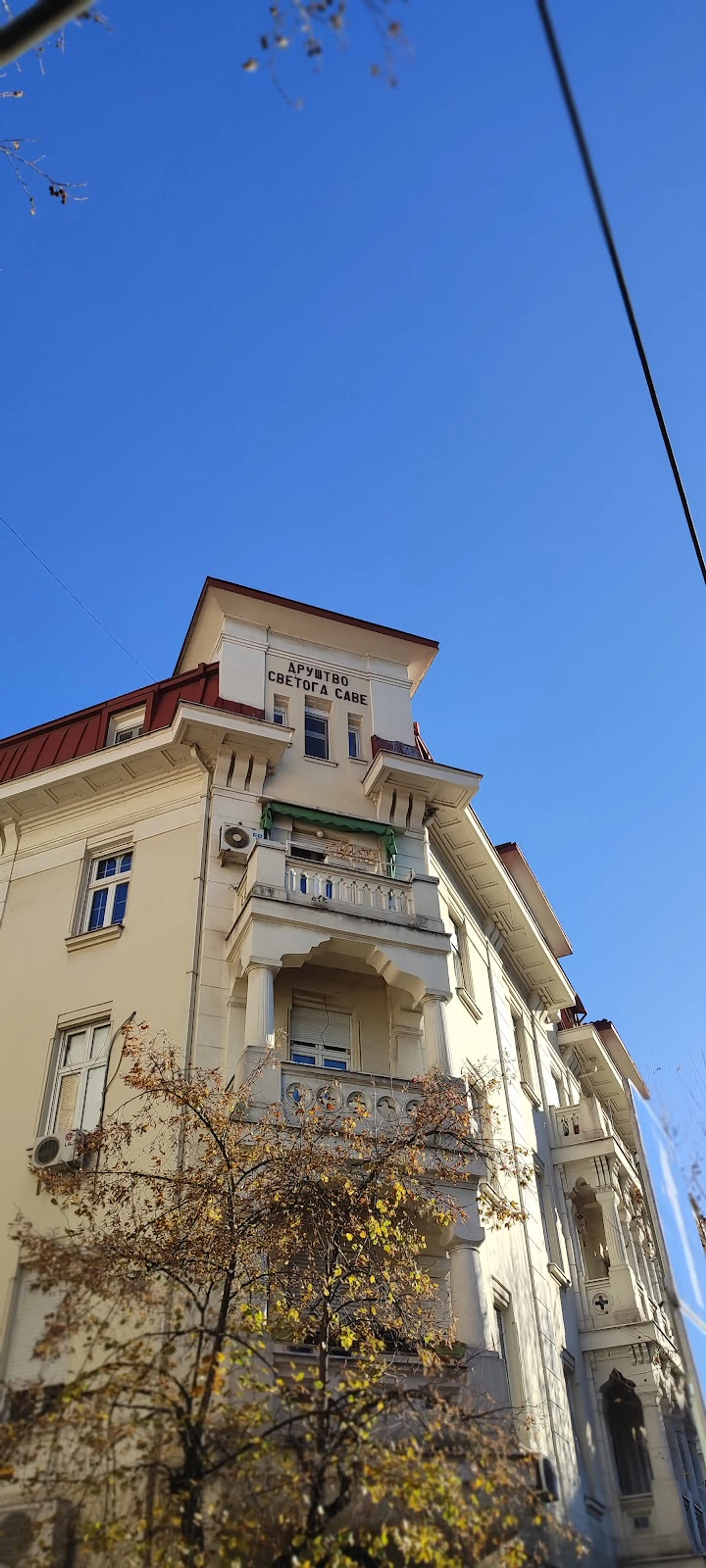
6Dorćol
Dorćol is a historical neighborhood in the city center of Belgrade. It is known for its charming old town feel, with narrow streets, small buildings, and numerous cafes and restaurants.

7Nikola Tesla Museum
A scientific museum dedicated to honoring and displaying the life and work of Nikola Tesla. It holds more than 160,000 original documents and around 5,000 personal other items.
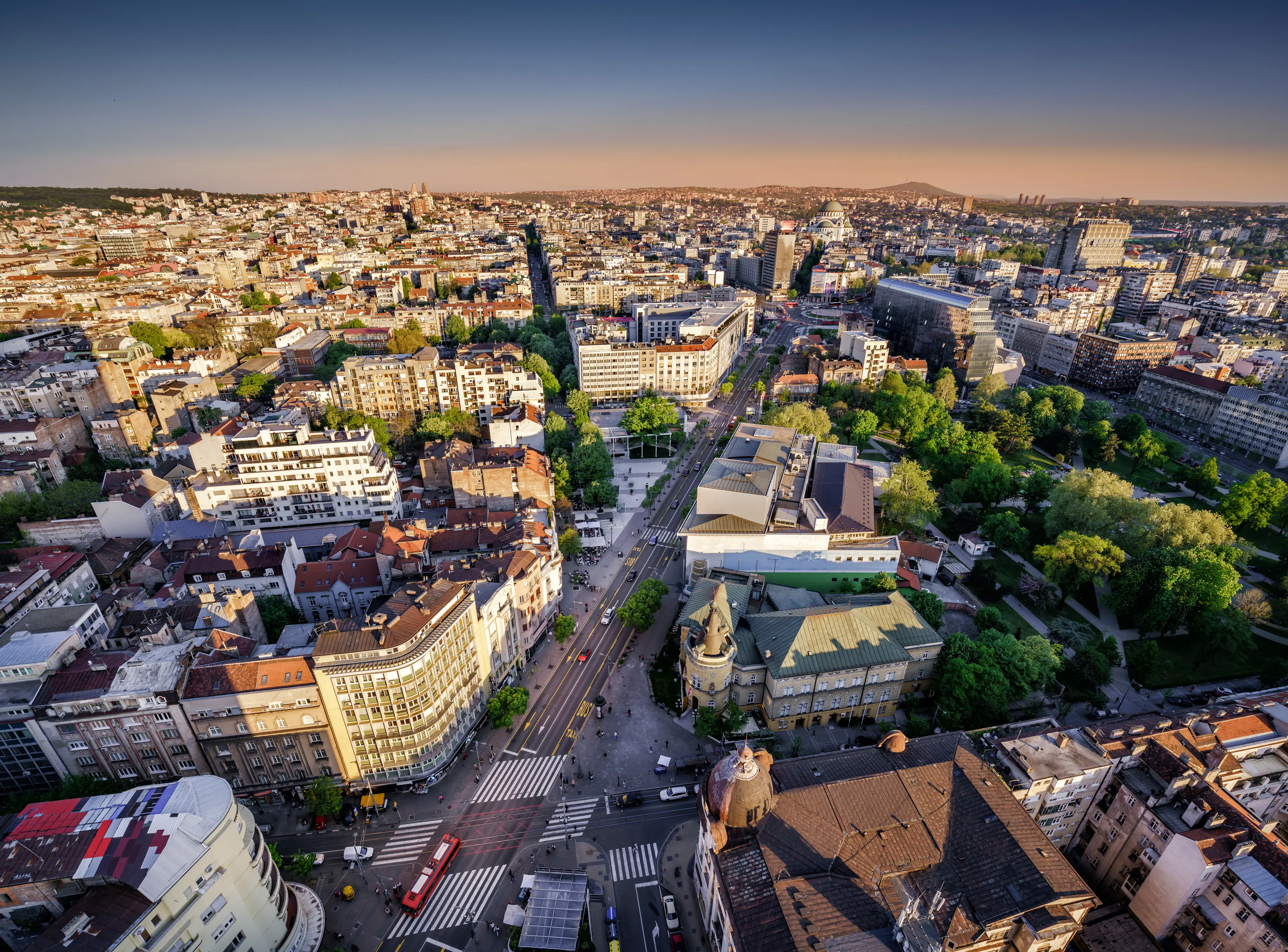
8Vračar
Vračar is a urban neighborhood and municipality in Belgrade. It is home to some of the city's most famous landmarks, including the Saint Sava Temple, one of the largest Orthodox churches in the world.

9Savamala
Savamala is a vibrant and artistic neighborhood in Belgrade known for its nightlife, cultural events, and street art.
Local Food and Drinks (12)
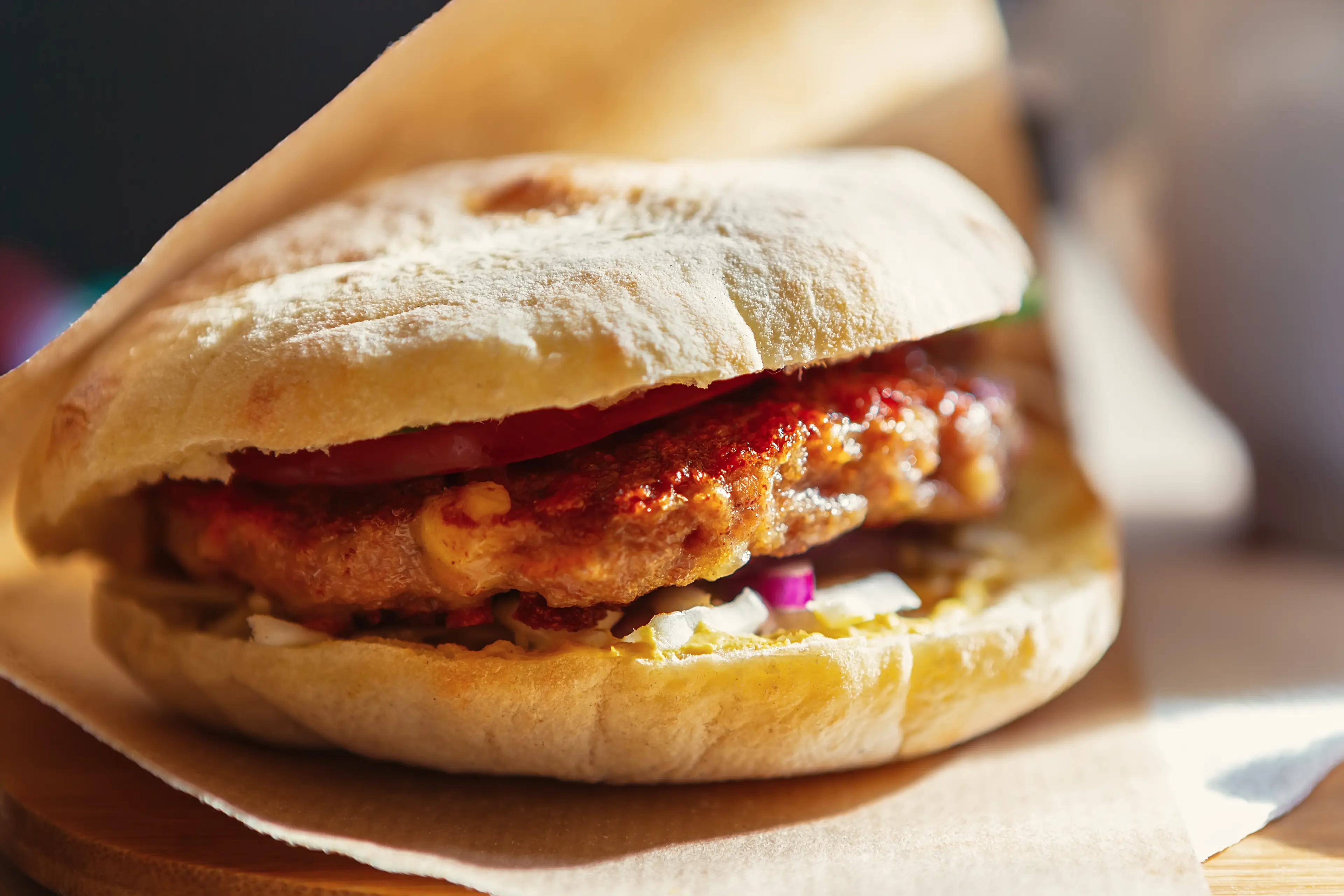
Pljeskavica
A Serbian version of a burger, Pljeskavica is a patty made of a mix of ground meats, often a blend of pork, beef, and lamb, grilled and served with flatbread. It's a must-try street food in Belgrade.
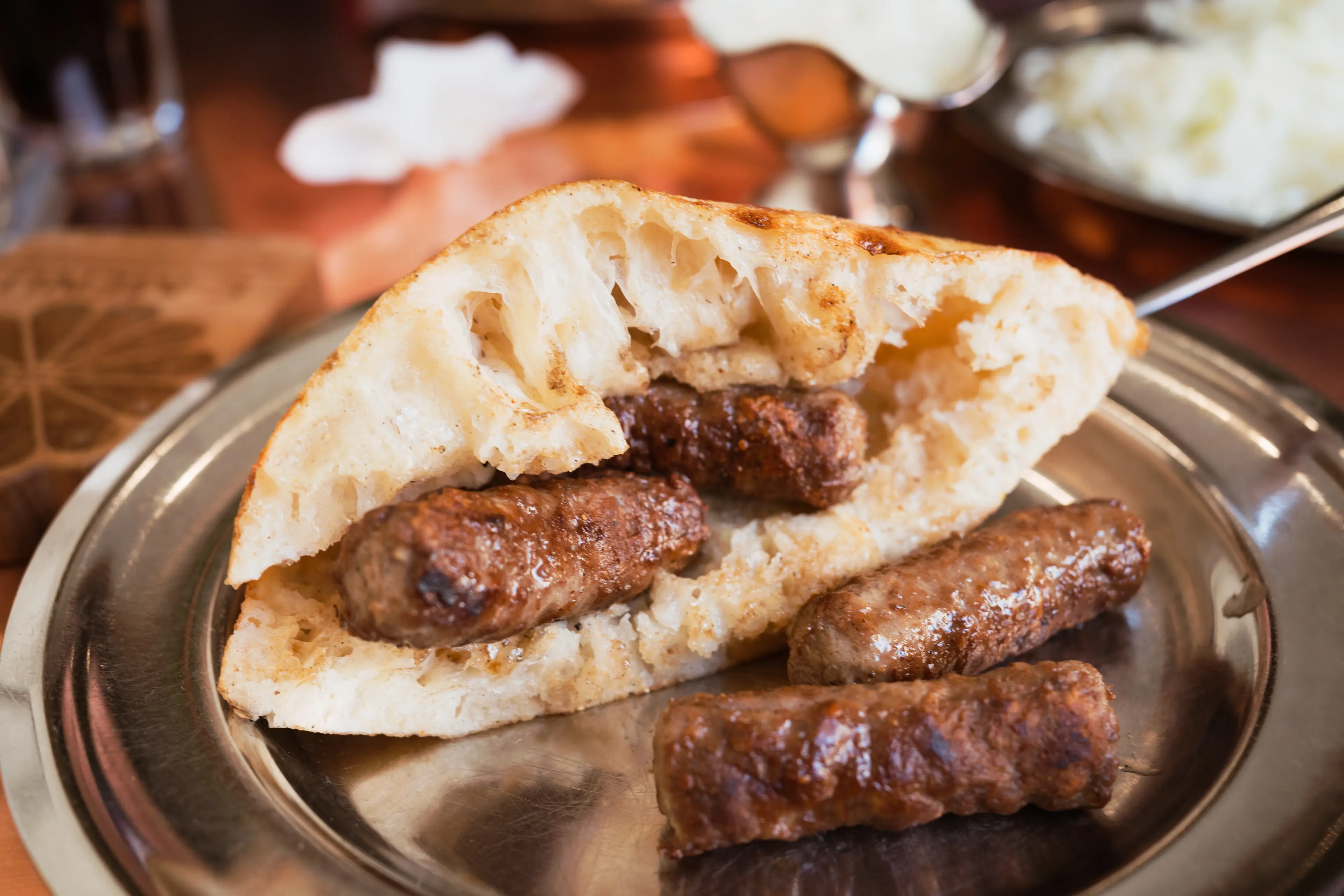
Ćevapi
Ćevapi are small, oblong-shaped kebabs made from minced and mixed meats, usually pork and beef. They are a popular fast food in Belgrade, often served in a flatbread with onions and sour cream.
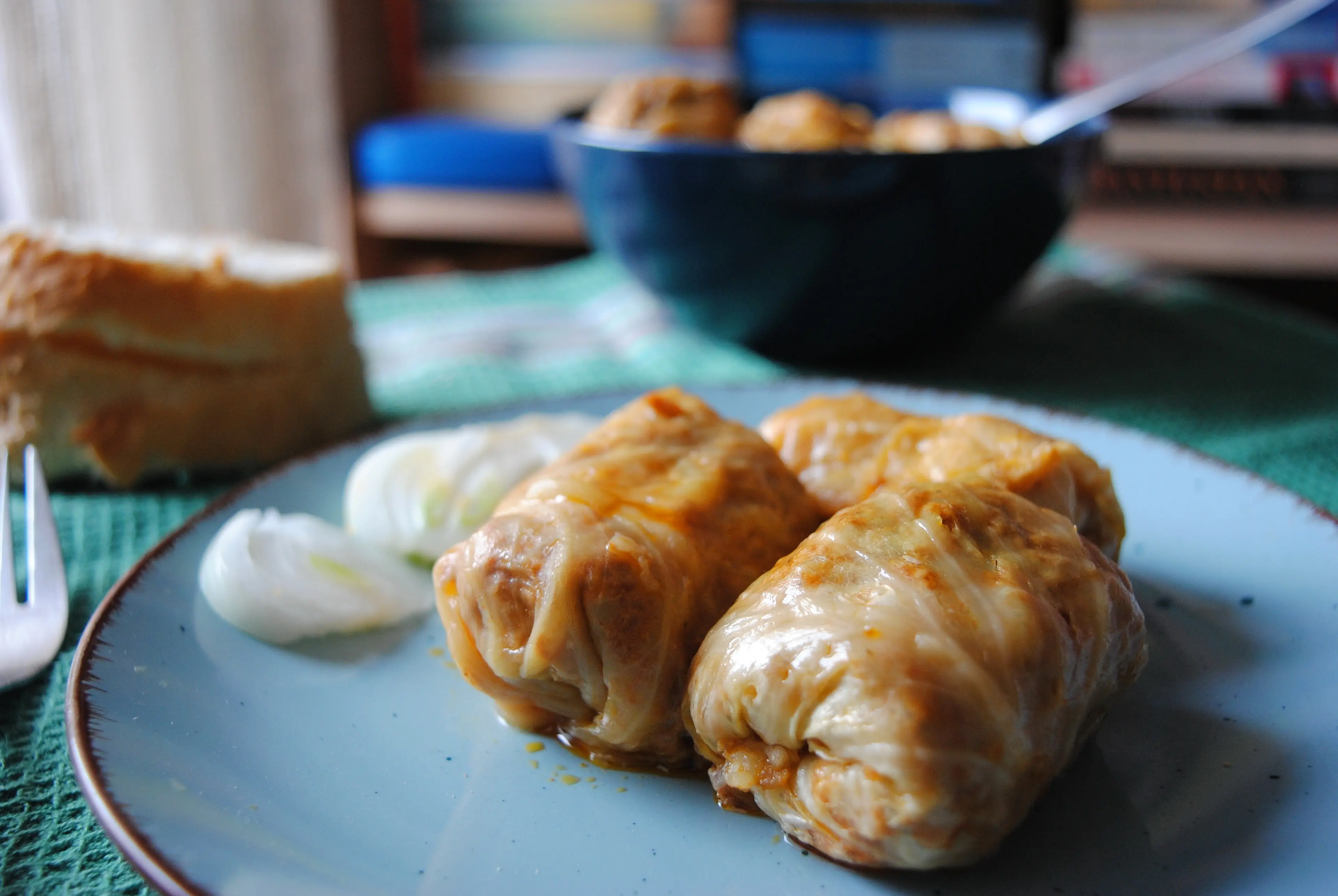
Sarma
Sarma is a traditional Serbian dish, made from minced meat and rice wrapped in pickled cabbage leaves. It's a hearty and comforting dish, especially popular in the winter months in Belgrade.
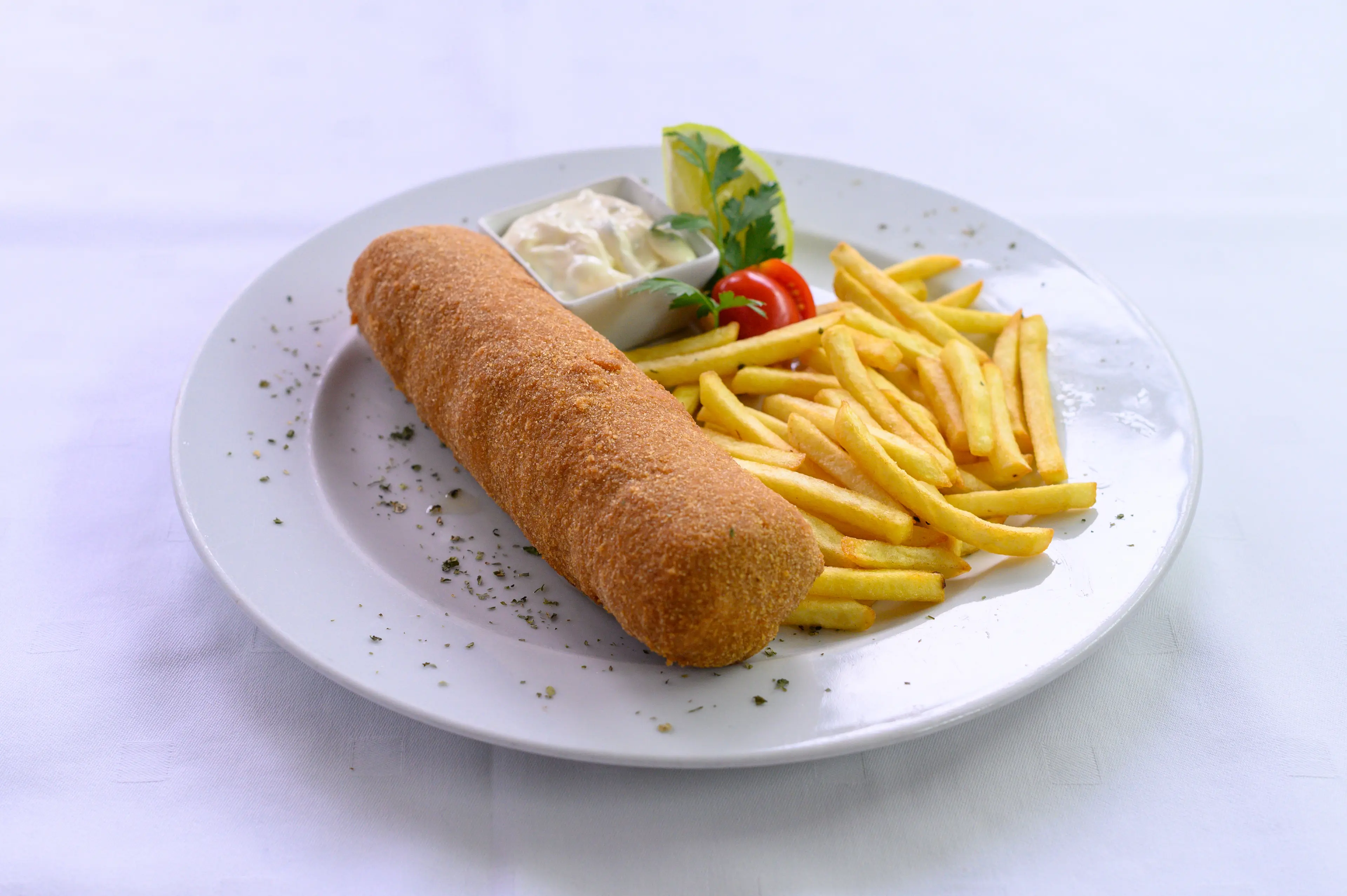
Karađorđeva šnicla
Named after a Serbian prince, Karađorđeva šnicla is a rolled veal or pork steak, stuffed with kajmak (a creamy dairy product), then breaded and fried. It's a rich and indulgent dish, typical of Belgrade's hearty cuisine.

Prebranac
Prebranac is a baked bean dish, made with white beans, onions, and paprika. It's a staple of Serbian cuisine, often served as a side dish or a vegetarian main course in Belgrade.

Kajmak
Kajmak is a creamy dairy product, similar to clotted cream. It's made by simmering milk and then skimming off the creamy top layer. In Belgrade, it's often served as a spread on bread or as a topping for meats.
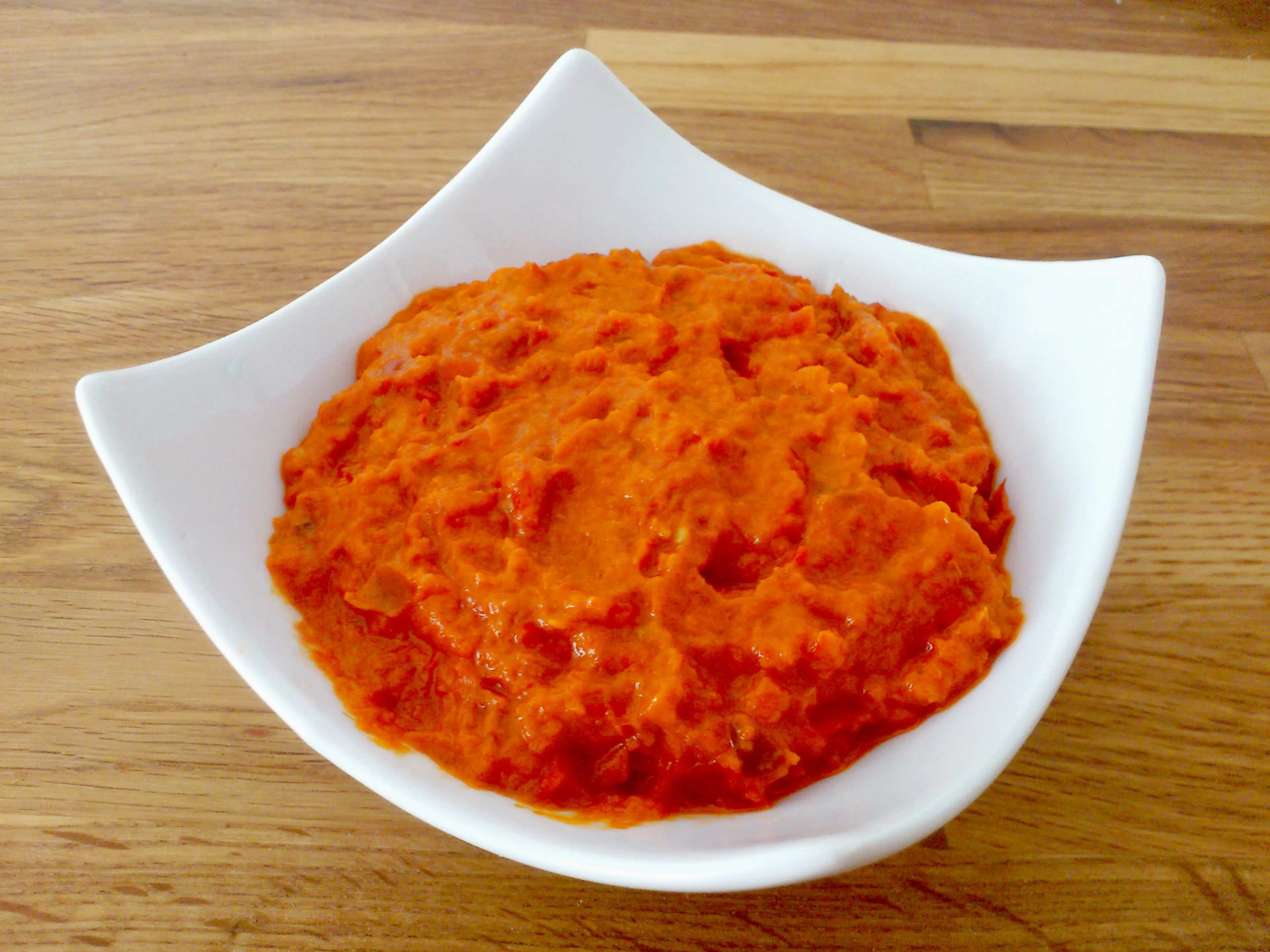
Ajvar
Ajvar is a red pepper relish, made with roasted red peppers and garlic. It's a staple of Serbian cuisine, often served as a spread on bread or as a side dish in Belgrade.

Rakija
Rakija is a fruit brandy, popular in Serbia. It's often homemade, with plum (šljivovica) being the most common flavor. In Belgrade, it's traditionally served as an aperitif.
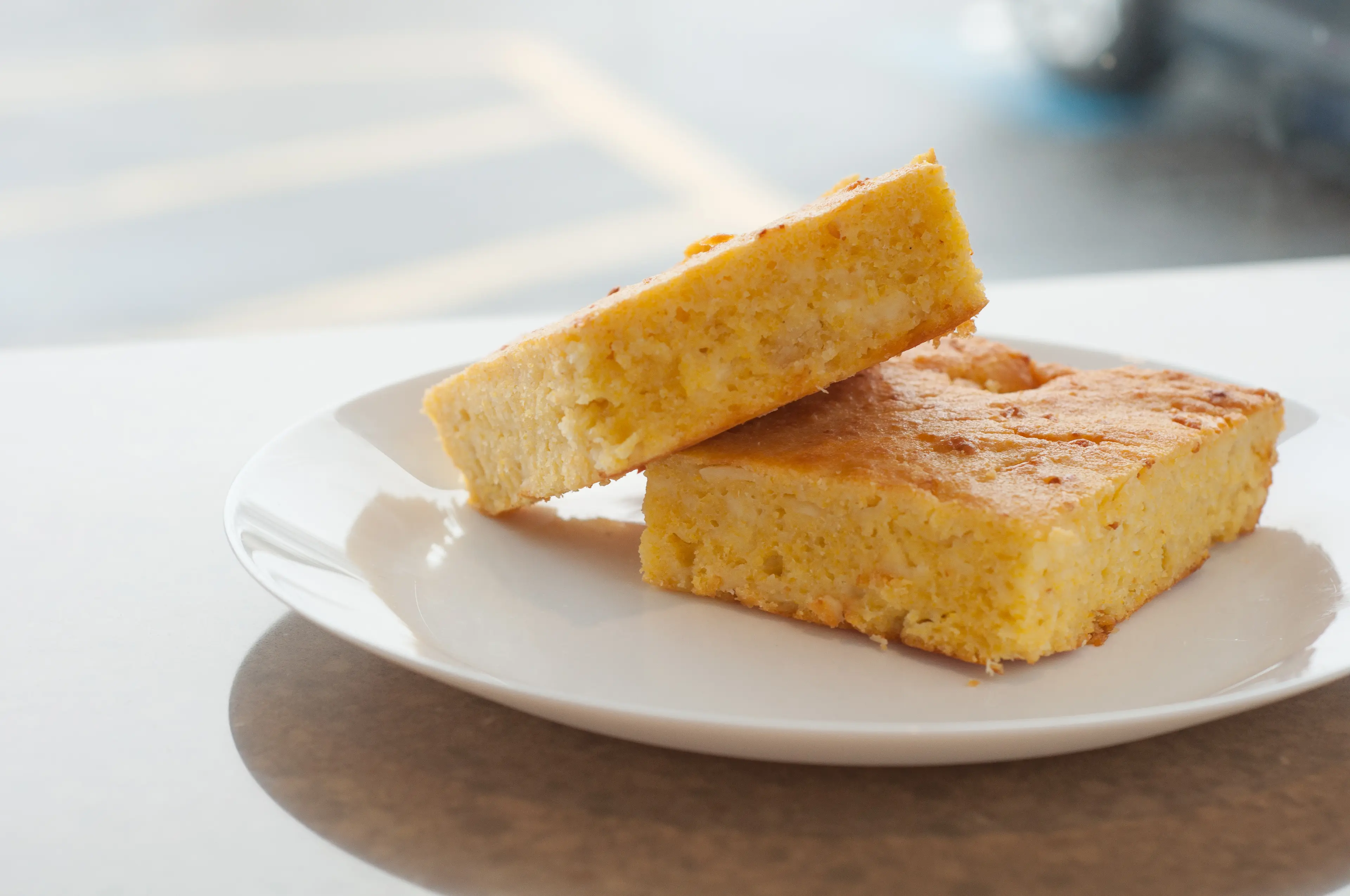
Proja
Proja is a traditional Serbian cornbread, made with cornmeal, eggs, and yogurt. It's a staple of Serbian cuisine, often served as a side dish or a snack in Belgrade.
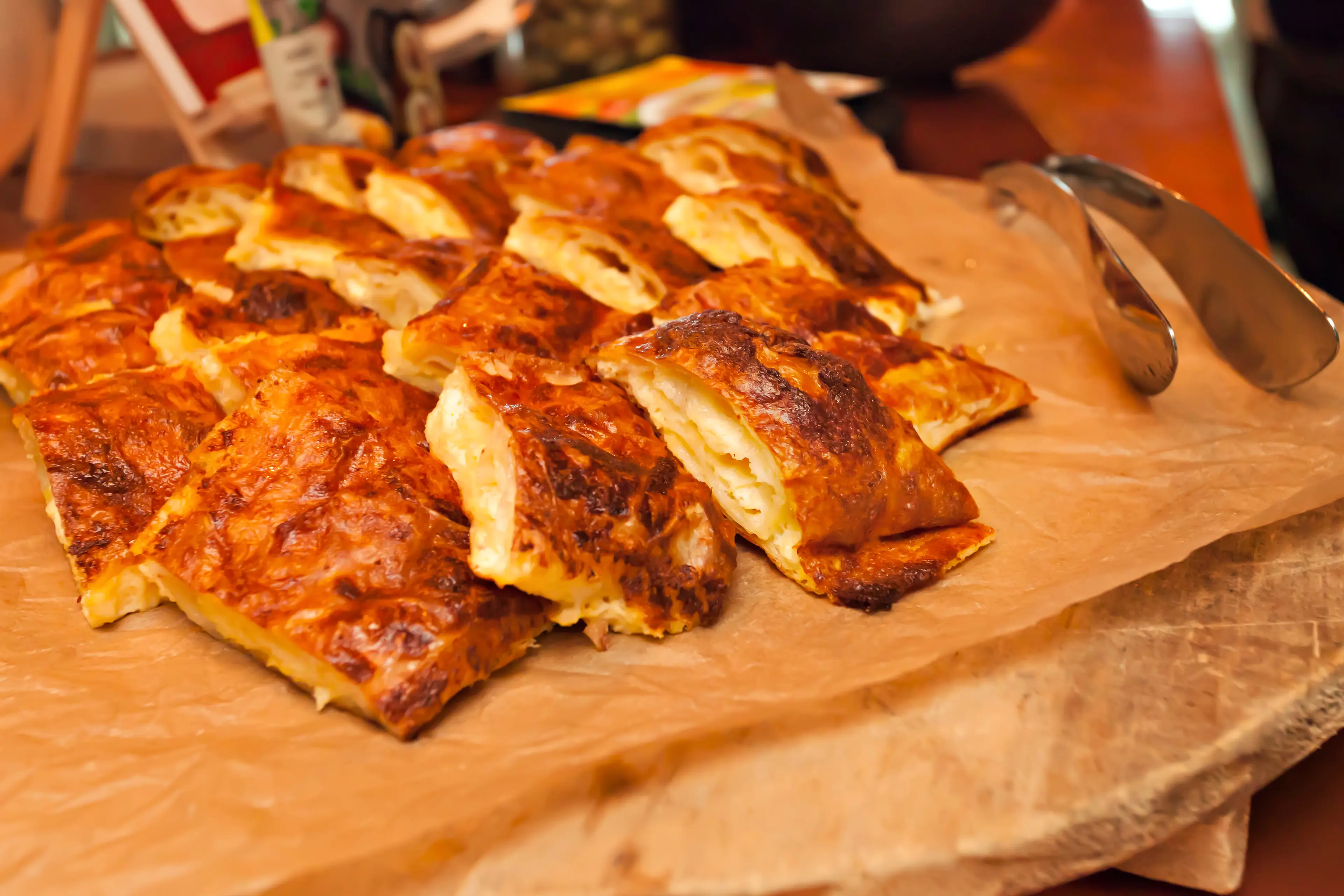
Gibanica
Gibanica is a traditional Serbian pastry, made with layers of cheese, eggs, and filo dough. It's a popular breakfast or snack food in Belgrade.
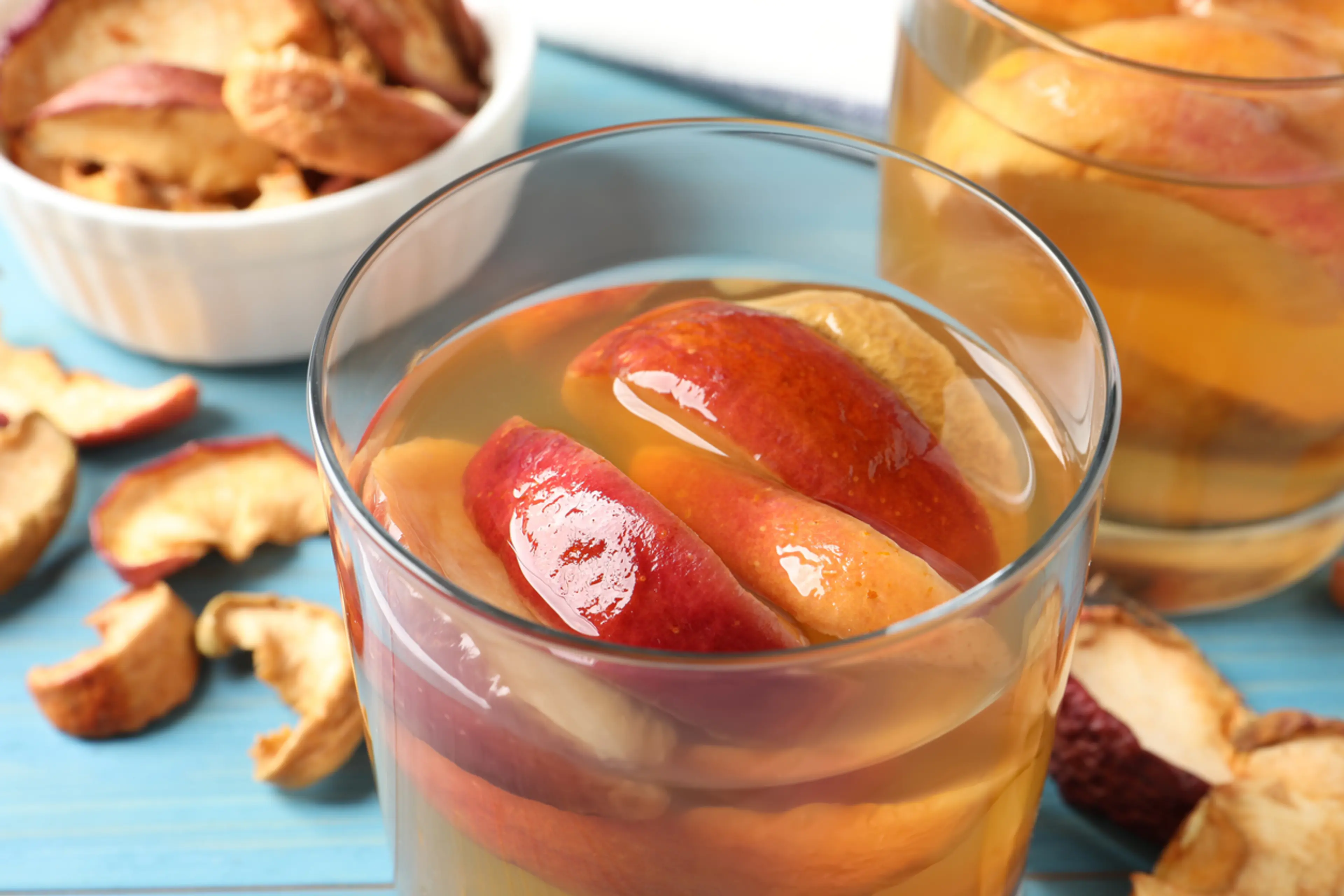
Kompot
Kompot is a sweet beverage made by cooking fruit in a large amount of sweetened water. It's a traditional drink in Serbia, often served as a refreshing drink in the hot summer months in Belgrade.
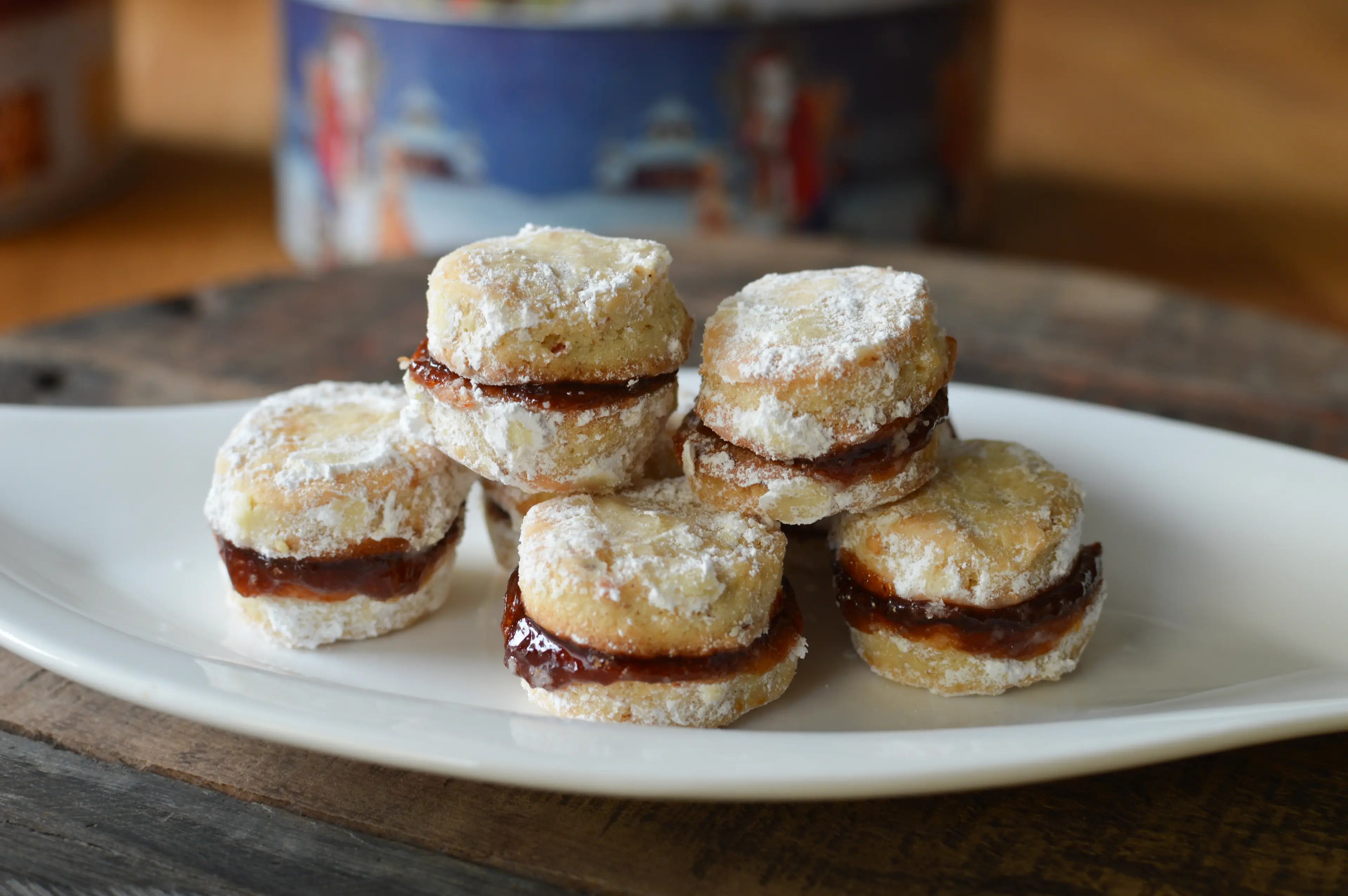
Vanilice
Vanilice are small, round cookies made with nuts and jam, and dusted with powdered sugar. They are a traditional Serbian dessert, often served during the holidays in Belgrade.
Best time to visit
The best time to visit Belgrade, Serbia, is during the spring (April to June) and fall (September and October). During these periods, the weather is mild and pleasant, perfect for sightseeing and exploring the city. The summer months (July and August) can also be a good time if you don't mind the heat, as there are many festivals and events happening. However, it's worth noting that these are also the busiest tourist months, so it might be a bit crowded. Winter in Belgrade can be quite cold and snowy, but it offers a different kind of charm with Christmas markets and a festive atmosphere.
How to get around
Public Bus
Belgrade's public bus system is extensive and can take you to almost any part of the city. There are regular buses, express buses, and night buses. Tickets can be purchased from kiosks or on board.
Tram
Trams are another popular mode of public transportation in Belgrade. They are slower than buses but can be a scenic way to travel around the city.
Trolleybus
Trolleybuses are a unique form of public transportation in Belgrade. They are electric buses that run on overhead wires. They are quieter and more environmentally friendly than regular buses.
Train
Belgrade's train system connects the city with other parts of Serbia and Europe. The main train station is Belgrade Centar.
Taxi
Taxis are plentiful in Belgrade and can be hailed on the street, booked by phone, or through a mobile app. Always ensure the taxi is licensed and metered to avoid being overcharged.
Ridesharing
Ridesharing services such as Car:Go and Yandex are available in Belgrade. These can be booked via a smartphone app and offer a convenient way to get around the city.
Bicycle
Belgrade has a growing network of bicycle lanes and bike-sharing schemes. Cycling can be a fun and healthy way to explore the city.
Foot
Belgrade's city center is compact and pedestrian-friendly, making it easy to explore on foot. Many of the city's main attractions are within walking distance of each other.
Boat
Boat tours along the Danube and Sava rivers offer a unique perspective of Belgrade. There are also public boat services that can take you to different parts of the city.
Car Rental
Renting a car can be a convenient option if you plan to explore outside of Belgrade. However, traffic can be heavy and parking difficult in the city center.
Important information
Currency RSD
Time zoneUTC+1
Driving sideRight
Emergency phone94
Drinking waterYes
Power sockets
Voltage230 V
Things to know about Belgrade, Serbia as a first time visitor
1
Belgrade operates on Central European Time (CET) and observes daylight saving time.
2
The official language is Serbian, but English is widely spoken, especially among the younger population and in tourist areas.
3
The official currency is the Serbian Dinar (RSD). Credit cards are widely accepted, but it's a good idea to carry some cash for smaller establishments.
4
Tipping is customary in Serbia. In restaurants, it's common to leave around 10% of the bill. Taxi drivers also expect a small tip.
5
Belgrade has a continental climate. Summers can be hot with temperatures reaching 86°F (30°C), while winters can be very cold with temperatures dropping to 32°F (0°C).
6
Public transportation in Belgrade includes buses, trams, and trolleybuses. Tickets can be purchased at kiosks or on board.
7
Taxis are plentiful and relatively cheap, but make sure to use a licensed taxi to avoid being overcharged.
8
Belgrade is generally safe for tourists, but like any major city, it's advisable to take precautions against pickpocketing in crowded areas.
9
Serbian cuisine is a mix of Mediterranean, Turkish, Austrian, and Hungarian influences. Don't miss trying local specialties like pljeskavica (Serbian burger) and cevapi (grilled meat).
10
Serbians are known for their hospitality. Don't be surprised if locals invite you into their homes for a meal or a drink.
11
Smoking is allowed in many public places in Serbia, including bars and restaurants.
12
Serbia uses the Type F power plug, so you may need a power adapter if your devices use a different type.
13
Tap water is safe to drink in Belgrade.
14
Belgrade has a vibrant nightlife, with many clubs located on boats along the Danube and Sava rivers.
15
Serbia is not part of the European Union, so EU roaming regulations do not apply. Consider buying a local SIM card for cheaper data and calls.
16
Belgrade has a rich history and culture. It's worth learning a bit about the city's past before your visit.
17
Serbians are passionate about sports, especially football and basketball. Try to catch a local game if you can.
18
If you're visiting in winter, be prepared for snow and icy conditions.
19
Belgrade has a number of markets where you can buy fresh produce, local delicacies, and souvenirs.
20
Serbia has a unique tradition of 'splavovi' or river clubs. These floating nightclubs are a must-visit for party-goers.
Basic Serbian to know as a first time visitor
English phrase | Native phrase | Pronunciation | When to use it |
|---|---|---|---|
Hello | Zdravo | ZDRAH-voh | Greeting someone |
Goodbye | Doviđenja | doh-VEE-jen-ya | Leaving or saying goodbye |
Please | Molim | MOH-leem | Making a request |
Thank you | Hvala | HVAH-lah | Expressing gratitude |
Yes | Da | dah | Agreeing or confirming |
No | Ne | neh | Disagreeing or denying |
Excuse me | Izvinite | eez-VEE-nee-teh | Getting attention or apologizing |
I don't understand | Ne razumem | neh RAH-zoo-mem | When you don't understand what was said |
Do you speak English? | Da li govorite engleski? | dah lee GOH-voh-ree-teh ENG-les-kee | Asking if someone speaks English |
I'm lost | Izgubljen sam | eez-GOOB-lyen sahm | When you are lost |
Where is the bathroom? | Gde je kupatilo? | gdeh yeh KOO-pah-tee-loh | Asking for the bathroom |
Help | Pomoć | POH-mohch | When you need assistance |
Call the police | Pozovite policiju | poh-ZOH-vee-teh poh-LEE-see-yoo | In case of an emergency |
I need a doctor | Treba mi doktor | TREH-bah mee DOHK-tor | When you need medical assistance |
Water | Voda | VOH-dah | When you want to order water |
Food | Hrana | HRAH-nah | When you want to order food |
Beer | Pivo | PEE-voh | When you want to order beer |
Cheers | Živeli | ZHEE-veh-lee | When toasting |
How much does it cost? | Koliko košta? | KOH-lee-koh KOSH-tah | Asking for the price |
Where is...? | Gde je...? | gdeh yeh...? | Asking for directions |
Packing List
Clothing
Underwear (3 pairs)
Socks (3 pairs)
T-shirts (3)
Pants/Jeans (2 pairs)
Comfortable walking shoes
Sleepwear
Light jacket or sweater
Rain jacket or umbrella
Swimwear (if planning to visit a spa or pool)
Toiletries
Toothbrush and toothpaste
Deodorant
Razor and shaving cream
Shampoo and conditioner
Body wash or soap
Sunscreen
Lip balm
Hand sanitizer
Prescription medications
First-aid kit (band-aids, antiseptic wipes, tweezers)
Travel documents and essentials
Passport
Driver's license (if planning to rent a car)
Credit and debit cards
Cash (Serbian dinar)
Travel insurance documents
Hotel and/or car rental reservations
Emergency contacts and important addresses
Electronics and gadgets
Smartphone
Charger for smartphone
Universal power adapter
Headphones
Camera (if not using phone camera)
Charger for camera
Miscellaneous items
Travel pillow
Earplugs and eye mask
Snacks
Water bottle
Books or e-reader for entertainment
Travel guidebook for Belgrade
Map of Belgrade
Phrasebook or language app for Serbian
Weather Conditions
Belgrade, the capital of Serbia, experiences a continental climate, with distinct seasons that each offer a unique charm. If you're visiting in the winter, from December to February, be prepared for cold weather. Temperatures can drop to around 32°F (0°C), and snowfall is common. Dress warmly, with layers, and don't forget your winter accessories like gloves, scarves, and hats. Spring, from March to May, and autumn, from September to November, are generally mild and pleasant. Temperatures range from 50°F to 68°F (10°C to 20°C). These seasons are perfect for outdoor activities like sightseeing and exploring the city's parks. Light jackets or sweaters are recommended for the cooler evenings. Summer, from June to August, can be hot, with temperatures reaching up to 86°F (30°C). It's advisable to wear light, breathable clothing, stay hydrated, and use sunscreen. This is a great time to visit the city's outdoor cafes, or take a boat ride on the Danube and Sava rivers. Regardless of when you visit, it's always a good idea to check the local weather forecast before your trip. This will help you pack appropriately and plan your activities. Also, keep in mind that weather can be unpredictable, so it's wise to always have a backup plan for indoor activities. Belgrade is a city that can be enjoyed in any weather, so don't let the climate deter you from exploring all it has to offer.
| Month | Hi / Lo (°C) | Weather Overview |
|---|---|---|
January | 4° / -2° | January is the coldest month in Belgrade, with snowfall being quite common. Dress warmly and enjoy the winter charm of the city. |
February | 7° / -1° | February is still cold with occasional snow, but the end of the month might bring some warmer days. |
March | 12° / 2° | March sees the beginning of spring, with temperatures gradually increasing, but still pack some warm clothes. |
April | 18° / 6° | April is a pleasant month with more sunny days, perfect for outdoor activities and sightseeing. |
May | 22° / 10° | May brings warm and comfortable weather, ideal for exploring the city and its surroundings. |
June | 26° / 14° | June is the start of summer with long sunny days, great for enjoying Belgrade's outdoor cafes and river cruises. |
July | 28° / 16° | July is the hottest month in Belgrade, with plenty of sunshine. It's a great time for swimming and sunbathing on Ada Ciganlija. |
August | 28° / 16° | August is equally hot as July, with occasional thunderstorms. It's a perfect time to visit the city's numerous festivals. |
September | 24° / 12° | September is a lovely month with mild temperatures and less crowds, ideal for leisurely exploration. |
October | 18° / 8° | October brings the autumn colors to Belgrade, with cooler temperatures and occasional rain. |
November | 10° / 4° | November is a bit chilly with shorter days, but it's a good time to visit museums and indoor attractions. |
December | 6° / 0° | December is cold with occasional snow, making it a magical time to visit Belgrade's Christmas markets. |
Did you know?
Places near by Belgrade, Serbia

Novi Sad
The second largest city in Serbia, known for its Austro-Hungarian architecture and vibrant nightlife.

Sremski Karlovci
A picturesque town known for its baroque architecture, wine, and history.

Topola
Famous for its wine and historical sites such as the Church of St. George and King Peter's House.

Subotica
A city known for its multiculturalism, Art Nouveau architecture, and the Palic Lake.

Fruška Gora National Park
The oldest national park in Serbia, known for its monasteries and vineyards.

Viminacium Archaeological Park
An important archaeological site, once a major Roman city and military camp.

Zasavica Special Nature Reserve
A nature reserve known for its unique flora and fauna, including the Balkan donkey.

Drvengrad
A traditional village that film director Emir Kusturica built for his film Life is a Miracle.

Đerdap National Park
The largest national park in Serbia, known for the Iron Gates gorge on the Danube River.

Timisoara
The third largest city in Romania, known for its Secessionist architecture and the Union Square.
